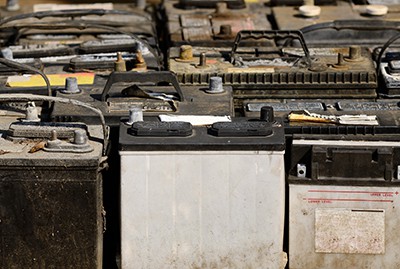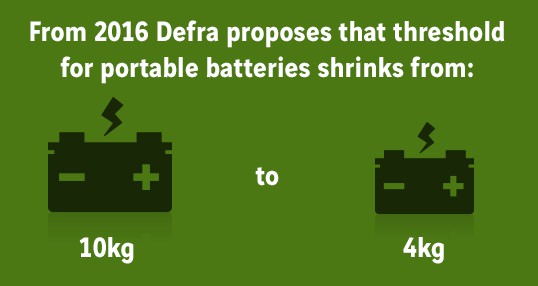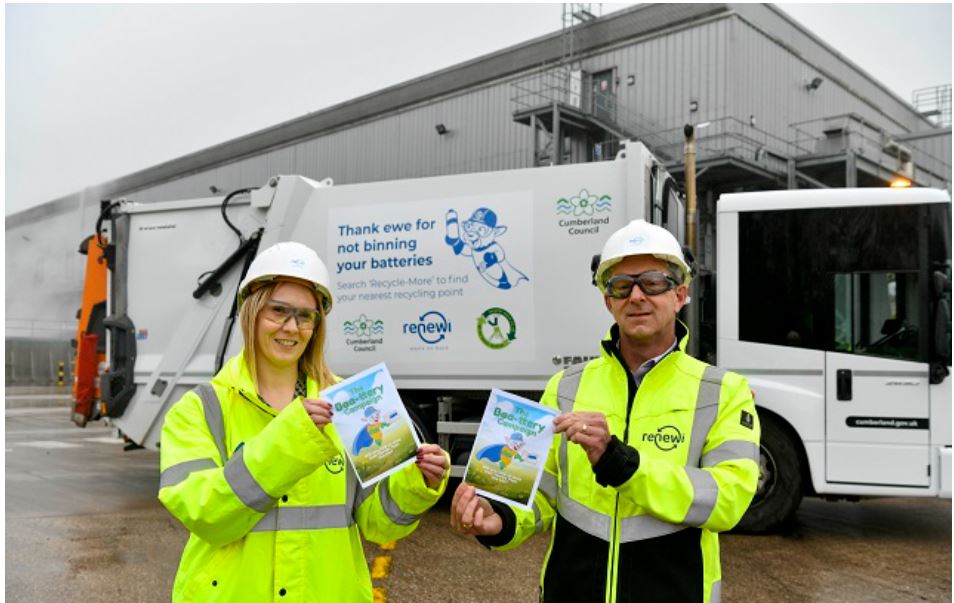The Department for Environment, Food and Rural Affairs (Defra) has today (January 26) published its consultation on amendments to the guidance on the Waste Batteries and Accumulators Regulations 2009, to clarify the definition of what constitutes a “portable battery”.

The proposals published today are intended to provide a ‘clearer framework’ to help interpret whether a battery should be identified as ‘portable’. Defra has proposed setting a 4kg weight limit on portable batteries, with anything over that threshold to not be counted towards recycling targets.
Defra has proposed that the new guidance would take effect from January 1 2016.
If the proposed changes are approved it is likely that more non-lead batteries will need to be recycled to meet the EU recycling target, which requires 45% of portable batteries to be collected by the end of 2016. Defra predicts that the increase in collection and processing costs to meet the target could cost around £7.8 million over 10 years.
Recycling
Portable batteries are the only category to which a recycling target has been attached. In the UK they are classified as any battery which is sealed, can be hand-carried without difficulty and is neither for automotive nor industrial purposes.
Battery recyclers have long argued that as they are often unaware of the original use of some lead acid batteries, it is impossible to determine if they fall into the industrial or portable classification.

Defra has proposed to amend its guidance on what should be classified as a portable battery, to provide a “clearer framework” for interpretation of the regulations.
‘Grey area’
The new guidance will also remove a 4kg -10kg “grey area” and outline a clear weight limit to determine whether a battery can be “hand carried” and fits into the portable category.
In its summary of the changes, Defra stated: “This will not affect the other components of the existing definition and it will remain important for both producers, treatment operators and exporters to give consideration to the full range of factors when taking a view on whether a battery is portable or industrial.”
A consultation on changing the guidance was carried out in 2013, but scrapped after an error in the consultation documents was discovered and recyclers and compliance schemes have been waiting until now for the new consultation to take place – having originally been told that the consultation would be restarted in Spring 2014 (see letsrecycle.com story).
Stakeholders have been asked to comment on the proposals by February 22.









Subscribe for free